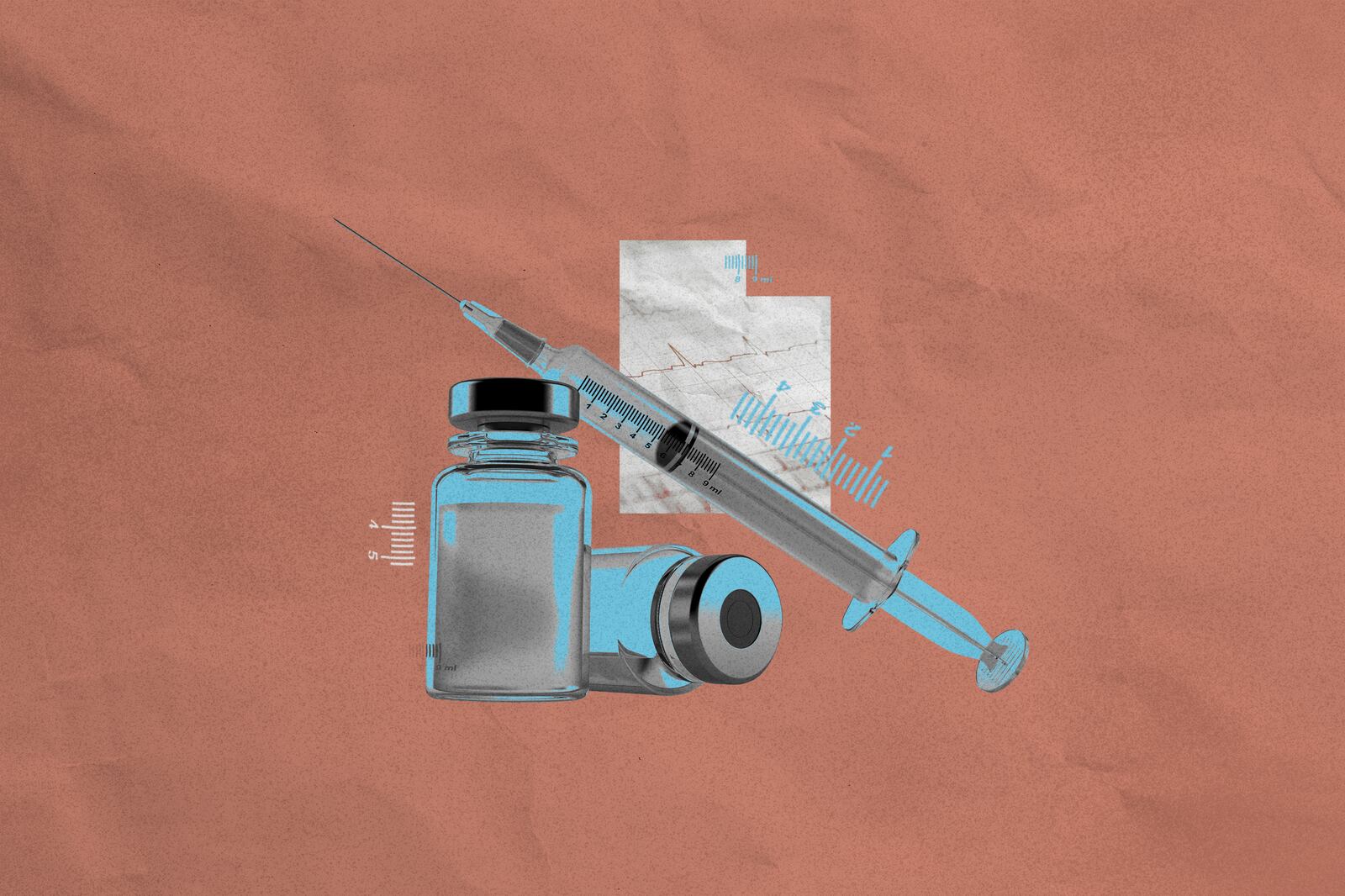The percentage of people who must be vaccinated against COVID-19 in order for the general population to attain herd immunity and for this long and tiresome pandemic to end is unknown.
Health experts say the number varies from disease to disease. The World Health Organization, for example, notes that the figure is 95% for the measles, while it was only 80% for polio. Herd immunity is reached when a disease no longer can spread from person to person because enough people are protected. When this happens, vulnerable people who, for health reasons or because of age, cannot be vaccinated are protected, as well.
But the WHO and other medical organizations say not enough is known about COVID-19 to predict how many need to get one of the vaccines that have been approved for distribution.
All we know is that everyone who can obtain one should. It’s less a matter of personal choice and more a matter of one’s duty to his or her neighbors.
The First Presidency of The Church of Jesus Christ of Latter-Day Saints and all members of the Quorum of the Twelve over the age of 70 received their first dose of vaccine earlier this week. That set a powerful example for anyone who might be wavering. The church spends a great deal of money each year helping to administer vaccinations of all kinds through developing nations.
GAVI, an international vaccine alliance, lauds LDS Charities for supporting “immunization as a major humanitarian initiative,” according to its website. The church has contributed millions toward this effort. It understands the value of herd immunity.
Its example ought to put people at ease in Utah and elsewhere.
Fortunately, there is evidence that average people are beginning to understand the importance of receiving a vaccine. A newly published opinion poll conducted for the Deseret News and the Hinckley Institute of Politics by Scott Rasmussen found 67% of people in Utah saying they intend to receive shots. That’s up from 52% in a similar poll in September. The Pew Research Center found 60% intending to receive them nationwide, in a survey taken just before the FDA approved vaccines for general use.
That’s not likely to be enough, but the trend is promising. Back in September, 24% in Utah answered that they would not receive the vaccine. That number is now 21%. Opinions are malleable and minds can be changed.
We understand some of the initial reluctance was grounded in political mistrust connected with the recent election. But that has now passed, and so should concerns that vaccines would be rushed through approval processes to win votes. The vaccines currently in use have been approved and are effective, but they will end the pandemic only if enough people willingly submit to them.
The most recent Deseret News/Hinckley poll also demonstrates how much of an impact the pandemic has had on Utahns. Back in August, 41% said they were comfortable going out in public without a mask. Now, in January, 87% say they wear one whenever they leave the house.
More sobering, back in late March a similar poll found only 6% in Utah who said they had close friends or family members diagnosed with the virus. Now, the figure is 94%. Of those surveyed, 17% said they personally know someone hospitalized with COVID-19, and 14% know someone who has died.
No longer do people need convincing that COVID-19 is real, not political fiction. No longer do they need to be persuaded that it is deadly, or that its long-lasting side effects can linger indefinitely.
To rid ourselves of it; to return to our workplaces, houses of worship, restaurants and other gathering spots; to once again enjoy social and sporting events; and to mingle freely with confidence, everyone who can should make arrangements to be vaccinated — when their turn comes in the orderly rollout. It’s a matter of civic duty.
